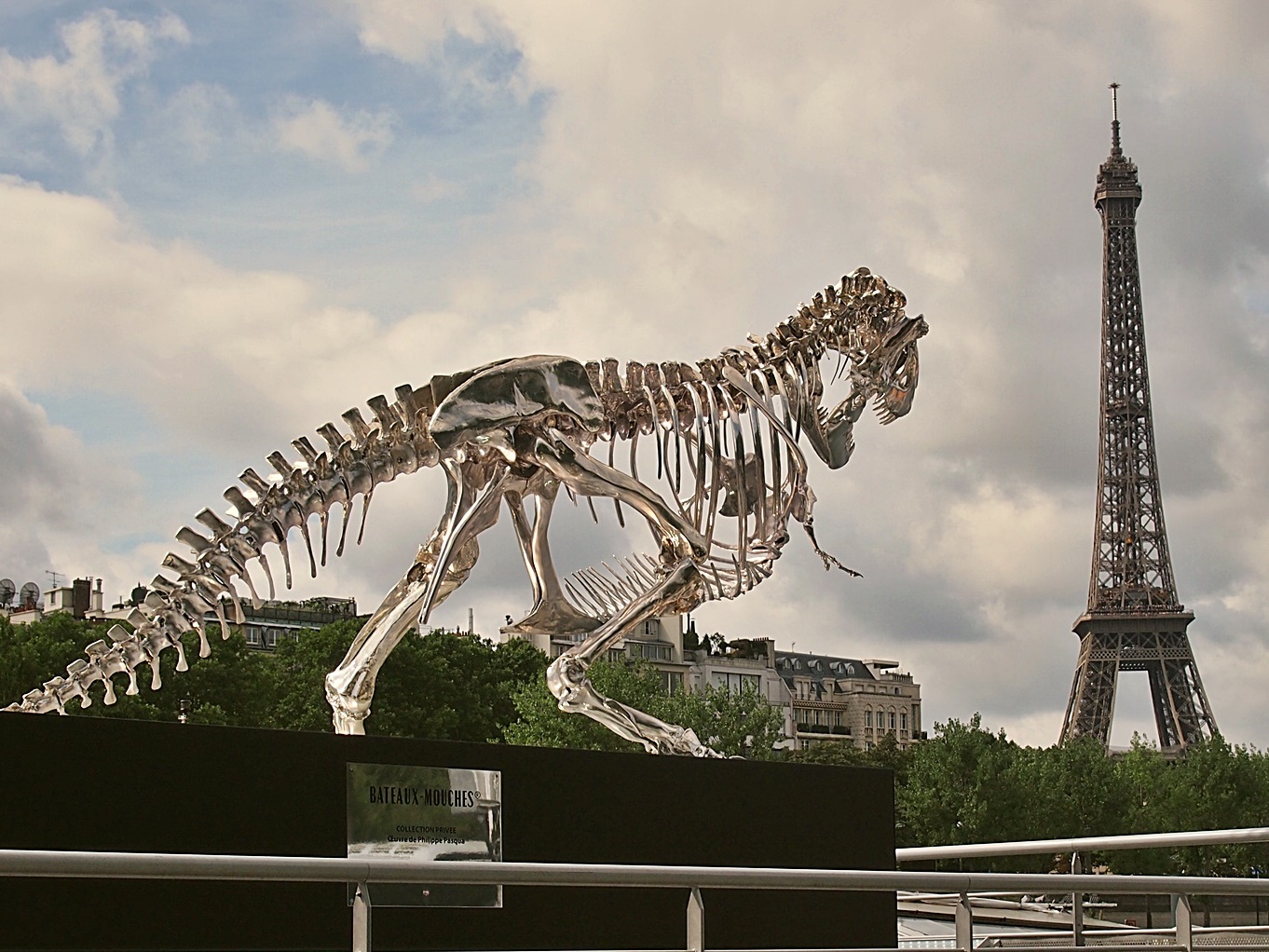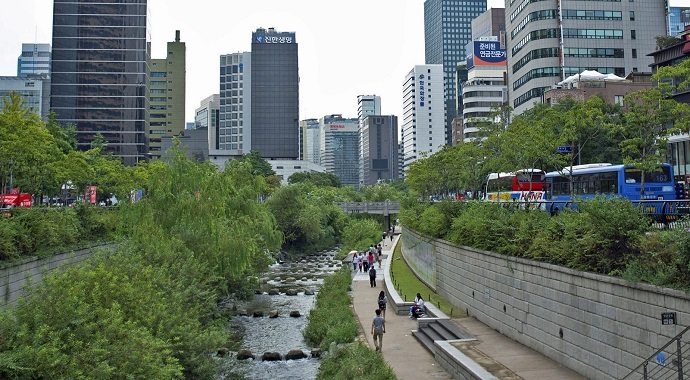Not Malaysia-specific, but extremely relevant.
A reverse effect to traffic generation is the phenomenon of “traffic evaporation”: traffic that disappears when road space is reallocated from private vehicles to more sustainable modes of transport like walking, cycling and public transportation. While traffic evaporation has been well-documented for more than 20 years, most decision- and opinion-makers are still under the impression that reducing car lanes will make traffic worse.
All this does not mean that cities don’t require adequate road connectivity among rural areas and other cities. But reducing road space for cars in denser areas while improving areas for walking, cycling and public transportation clearly does not produce the chaos many believe it will. It is actually a more sustainable and equitable way of improving mobility in dense and fast-growing cities



Yeah I’m not sure how it’ll affect the traffic but it’s the most obvious location. That said, flashback to an old meeting that mentioned why there are no food stalls in that area… (though looks like there have been some food stall area allowed there since then)
Yah the human movement dynamics couldn’t deny the food stalls being there… Hence, you see my point!